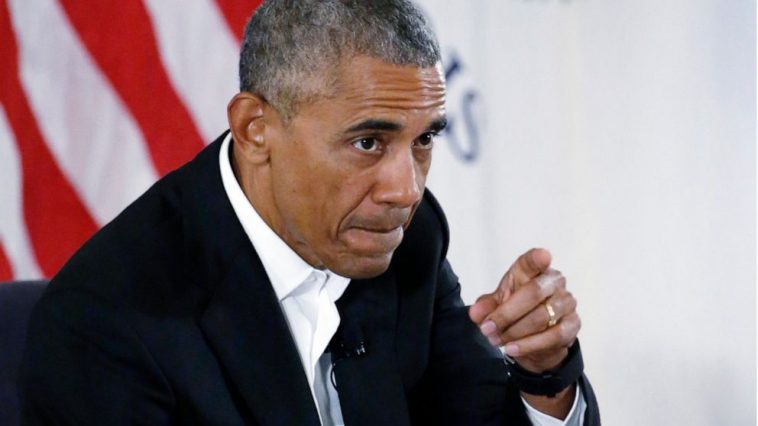By Suleiman A. Suleiman
Following my introductory piece on Nigeria’s biggest problems penultimate Monday, the elder statesman, Alhaji Mukhtar Gidado, called me from Kano for a long discussion. As it happens, he was very passionate about Nigeria’s problems and hence about the topic of the discussion itself. He is convinced, as I am now, that our biggest problem is what he called “a lack of a sense of self”, which that opening article describes as “a lack of that sense of Nigerianness”. We take this point further today.
So, what is Nigeria? And why does it matter? To the first question, there is an old answer. In his Path to Nigerian Freedom (1947), the late Chief Obafemi Awolowo wrote that, “Nigeria is not a nation; it is a mere geographical expression. There are no ‘Nigerians’ in the same sense as there are ‘English’ or ‘Welsh’ or ‘French’. The word Nigeria is merely a distinctive appellation to distinguish those who live within the boundaries of Nigeria from those who do not.”
In the book as a whole, Awolowo was in fact arguing for how a Nigeria of his understanding could be brought into being, as the birth pangs of self-government and political independence from the British set in during the second half of the 1940s. Unfortunately, to date, this statement has been cited again and again as a self-evident fact by generations of commentators, politicians, and whoever. But as an idea, it is severely limited, and fraught with innumerable problems.
First, all countries are geographical expressions. There is nothing special or sacrosanct in being English, French or Welsh, or for that matter, American or Chinese other than as an appellation distinguishing those who live within the geographical boundaries of these countries. There is no nation of any kind without some territorial boundary to mark it off and those who live within it against others. Geographical distinction is a necessary and powerful component of national identity, however defined, not a “mere” aspect of it.
For example, the idea of a “Yoruba Nation” or “Oduduwa Republic” today does not, and cannot, extend to parts of Benin Republic and Togo where millions of ethnic Yoruba people also live. These appellations make sense only in the geographic context of the present six states of southwestern Nigeria. Without Nigeria to mark it off against, the whole idea of “Yoruba Nation” or “Oduduwa Republic” as a country or nation comprising ethnic Yoruba people crumbles to bits.
Second, Awolowo was speaking in terms of what some people love to call Nigeria’s ‘ethnic nationalities’ as the unit of analysis of what Nigeria is or should be. But the reality is that the ‘nation’ however understood, cannot be conceived only in terms of ethnicity, as the example of the Yoruba in Benin Republic and Togo above amply demonstrates. Among those who identify and are identified as ‘English’ are those with Indian, Punjabi, Sikh, Irish, Polish, Caribbean, African, Arab, Chinese, Russian, Latin American, and several hundred other ancestries. Indeed, in many cases, these ancestries are not more than two generations ago.
There are many Nigerians today who are also ‘English’ at the same time. Therefore, to be ‘English’ is absolutely not to belong to any particular ethnic group, ethnicity, or ethnic nationality. The same applies to French or Welsh. In fact, even in 1947, when Awolowo was writing, being French went well beyond ethnicity or ethnic nationality, given France’s well known policy of ‘assimilation’ of very diverse peoples into the same fold as a French identity.
Nigeria is not really different. There are



